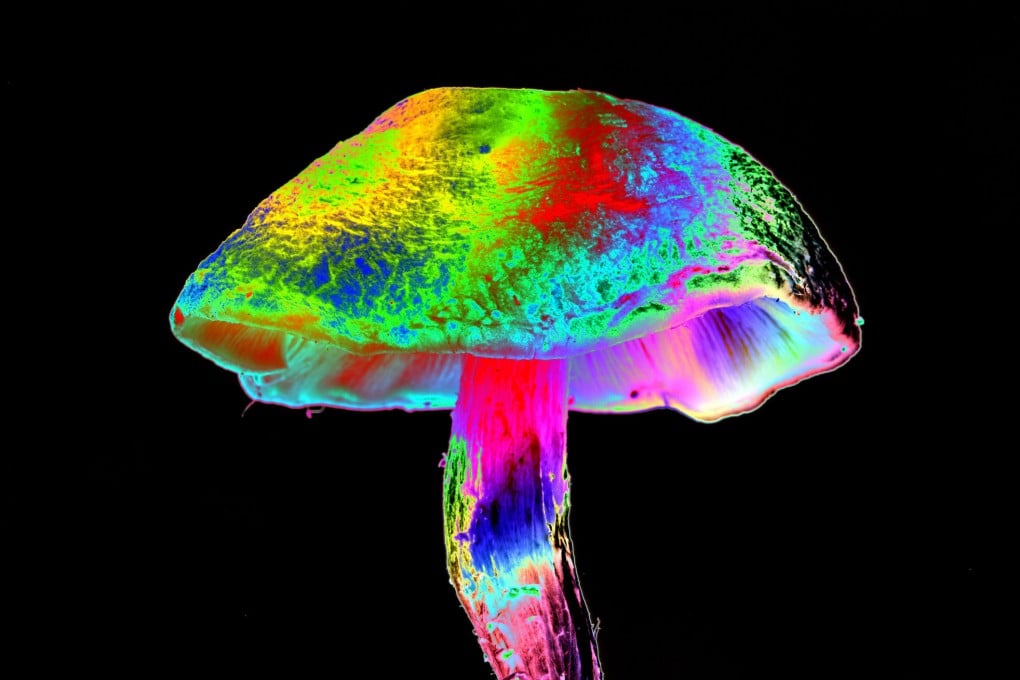Explainer | Why psychedelics like psilocybin from magic mushrooms and LSD are seeing a surge in medical interest, in treatments for depression, addiction and more
- Illegal since the 1960s, psychedelics are under the microscope again as researchers examine if they can help treat a range of conditions
- One current trial is testing whether psilocybin-assisted psychotherapy can help front-line doctors and nurses who developed anxiety amid the Covid-19 pandemic

Medical treatments using psychedelic drugs such as psilocybin – derived from certain mushrooms – and LSD (lysergic acid diethylamide) faded out in the 1960s when such drugs were made illegal in the United States. The last decade, however, has seen a resurgence of research into their medical properties. Read on to learn the history of their development, what they do to the brain and why they are once more being studied.
Aren’t psychedelic drugs illegal?
Yes, they are illegal in most countries. LSD, for instance, was designated a Schedule 1 drug in 1968 in the US, which makes it illegal. The designation also states that the drug has no medical value, which meant research into its medical properties, and those of other psychedelic drugs, petered out by the early 1970s.
Research started to creep back during the early 2000s. Today’s researchers generally use psilocybin, the psychedelic element in “magic mushrooms”, which are grown in small quantities for research purposes.
In 2018, the US Food and Drug Administration designated some psychedelic treatments as “breakthrough therapy”, which means they have significant therapeutic potential.
The following year, Imperial College London in the United Kingdom opened the world’s first Centre for Psychedelic Research. At the time, Dr Robin Carhart-Harris, its head, said: “Psychedelic therapy holds a great deal of promise for treating some very serious mental health conditions and may one day offer new hope to vulnerable people with limited treatment options.”
The same year, private donors gave US$17 million to start the Center for Psychedelic and Consciousness Research at Johns Hopkins Medicine, part of Johns Hopkins University in Baltimore, Maryland, in the United States.
In 2021, the US National Institutes of Health gave Johns Hopkins a US$4 million grant for research into the use of psilocybin as an assisted therapy for tobacco addiction – the first US government grant for psychedelic research in 50 years.